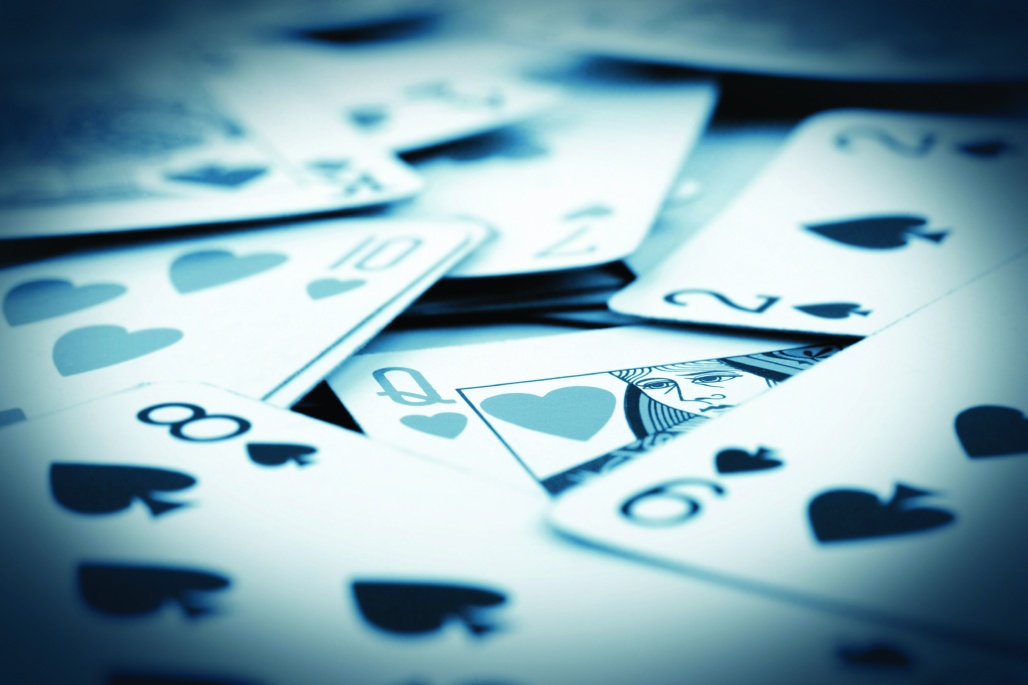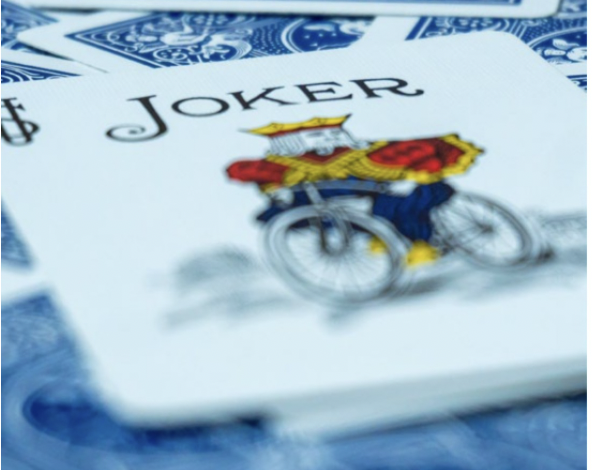
António Lobo Vilela
Lawyer based in Macau
and the author of the Macau Gaming Law Book
The presence of illegal so-called “money changers” in and around Macau’s casinos has become a significant issue, impossible to ignore.
These “money changers” have devised an intricate and sophisticated scheme to move funds across different jurisdictions without crossing any border. The system, which involves exchanging Hong Kong dollars (made available in Macau) for the renminbi (handed over in China) in consideration of a commission, is currently the primary unofficial channel for providing funds to gamblers in Macau.
This activity replicates what is known as the “Vancouver Model,” created to circumvent restrictions imposed on capital outflow from certain countries, including China. According to a 2021 report by the Asian Racing Federation, cross-border illegal betting is causing a staggering CNY$1 trillion (USD$145 billion) to flow out of China to offshore websites and casinos every year.
Recent reports on crime in Macau have highlighted a notable increase in the number of “money changers.” This surge can be attributed to the lift of COVID-19-related travel restrictions, which has led to an (expected) increase in gamblers. Additionally, traditional mechanisms for making funds available to patrons have been failing, such as the putative “purchases” in pawnshops, affected by the annual limit of CNY$100,000 (USD$14,500) imposed by China’s State Administration of Foreign Exchange on overseas withdrawals from bank accounts in China. Also, the “domestic” purchases illegally made via UnionPay mobile POS terminals located in Macau and connected to servers in China are more strictly controlled.
However, the primary cause of this exponential increase in “money changers” is the – natural – need to fill the void left by the “disappearance” of casino gaming promoters. Before the pandemic, the casino gaming promotion activity was valued at around USD$17 billion in 2019 and moved an estimated USD$ 600 billion per year (or USD$1.14 million per minute).
The concern of local authorities has been growing over the last few years, and the release of the “Public Prosecutor’s Work Report for 2019” has only added to their worries. The report states that there is no “effective solution for combating such activities” and urges the “public services responsible for justice matters” to study how to strengthen “through legislative initiative, the regulation of such activities and even their possible criminalisation, to find a balance between upholding the freedom to exchange money and combating illegal profitable exchange.”

It is a legitimate concern given the rise in crime statistics in Macau, particularly the crime associated with the type of activity carried out by the “money changers” (money laundering, fraud, counterfeit gaming chips, passing counterfeit currency, loan sharking and in some cases, murder) and the fact that almost all of them are non-Macau residents. All this poses a potential threat to public safety and – not least – to the image of the Macau SAR as a “world centre for tourism and leisure” and beyond.
The recent amendment to the Gaming Law, in line with the amendment to the Criminal Law of the PRC, reflects this concern. Greater emphasis has been placed on the objective of ensuring that casino operations are carried out free from criminal influence by expressly adding the need for compatibility with the Macau SAR’s policies and mechanisms aimed at preventing money laundering and terrorism.
The concern is also echoed in the recent discussion around the possible ban on gaming promoters extending credit for casino gaming.
The Macau authorities have conducted several “scientific studies” since 2019. The results so far suggest that while the activity should not be penalised criminally (and therefore has no place in the law proposal to repeal the Illicit Gambling Law to be presented to the Legislative Assembly), it can be administratively within the framework of the financial system (whose primary law was approved in August last year and made no provision for it). The studies also seem to highlight the tremendous challenge of ending with the “money changers” plague (certainly worse than the bedbugs (allegedly) “coming from Europe” that are plaguing Macau).
This is a complex topic because of the disadvantages that the absence of “money changers” entails, especially for the “six large integrated tourism and leisure companies.“
However, some measures within spitting distance – intuitive, not creative – can be implemented to mitigate the proliferation of “money changers” or at least moderate the volumes involved. One effective measure would be to restrict the cash transaction amounts allowed (one of the first measures to curb the “Vancouver Model” was prohibiting cash transactions in British Columbia casinos). Another one is to make identification compulsory when entering casinos, as in other jurisdictions like Singapore. Combining this latter measure with customer/player loyalty programmes and the facial recognition functionality made possible by surveillance systems installed in casinos would help maintain the regular and orderly flow of entries while banning and effectively preventing those operating outside the legal limits from re-entering casinos. Where there’s a will, there’s a way!
























